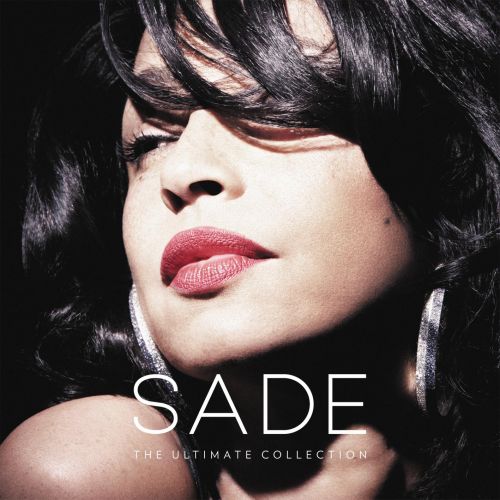

There is instead spare, deceptively simple arrangement-sometimes no more than an acoustic guitar. So on Lovers Rock there are no swooping saxophones and no lush instrumentation. What's missing in her music is as important as what's present. But Sade, today, is all about the acknowledged presence of absence. In terms of contemporary icons, it's better to listen to Mary J for stories of drama and shattered devotion. With Sade it's unlikely there will ever be a full, naked baring of the soul. For Sade, the two years spent traveling around Britain in the back of a van meant time to hone her nascent ability as a songwriter. In the case of Pride, this meant an eight-piece collective remarkable more for optimism than musical ability. It was the early '80s in London, a time marked musically by a mood of abandonment and experimentation, which could lead to unfortunate consequences. Some old school friends formed a band and asked her to join as a vocalist, and she did so, reluctantly, on the basis that she'd stay "until they found a proper singer." From there she moved to another group, a sprawling Latin funk group called Pride.


But I didn't fit in, I wasn't reverent about fashion, I didn't love it at all."īy chance something else happened to rescue her from frustration. "I wanted to do painting but I ended up in fashion 'cause I wanted to make a living out of it, to have a trade, which was very much how I was brought up. She grew up listening to soul legends-Curtis Mayfield, Donny Hathaway, Marvin Gaye-and wanted to be a drummer before becoming convinced that she'd be a writer. Helen Folosade Adu was born in Ibadan, Nigeria, 41 years ago and raised in Colchester, Essex, an unremarkable English backwater, after her mother separated from her NIgerian father when Sade was four. Listen to the new album and it's clear that the restraint which marked her previous work has given way to a greater intimacy. But something's happened in recent years, and a different Sade is emerging. Her music has often seemed stylized-beautifully constructed but ultimately lacking any really convincing passion. What is she so sad about, I wondered? What's she mourning? I've thought some of these same thoughts each time I've listened to the new record from Sade. Like that novel, Lovers Rock is underscored by a non-specific melancholy, as though Sade's world had been soured beyond hope. I thought of The Great Gatsby, where doomed love is set against the thrum and hiss of the jazz age. For a long time after first hearing the album I struggled to identify what it recalled, mentally thumbing through my old albums, before realizing that the feeling it evoked had less in common with music than it did with literature. Welcome to the complex world of Sade.Įach listen of Sade's Lovers Rock started the scratching at the back of my head, setting off a nagging reminding me of something out of reach, the half-revived memory of a previously-forgotten loss. Guess there was nothing left to do but bring out a new album.
#SADE BY YOUR SIDE NAKED MUSIC REMIX HOW TO#
She lost a marriage and a house too, but rebuilt the house and rediscovered love, gave birth to a daughter, and finally figured out how to deal with fame. She's sold 50 millions records and doesn't need to work again. She's been out of the spotlight for eight years, yet never out of the charts.


 0 kommentar(er)
0 kommentar(er)
